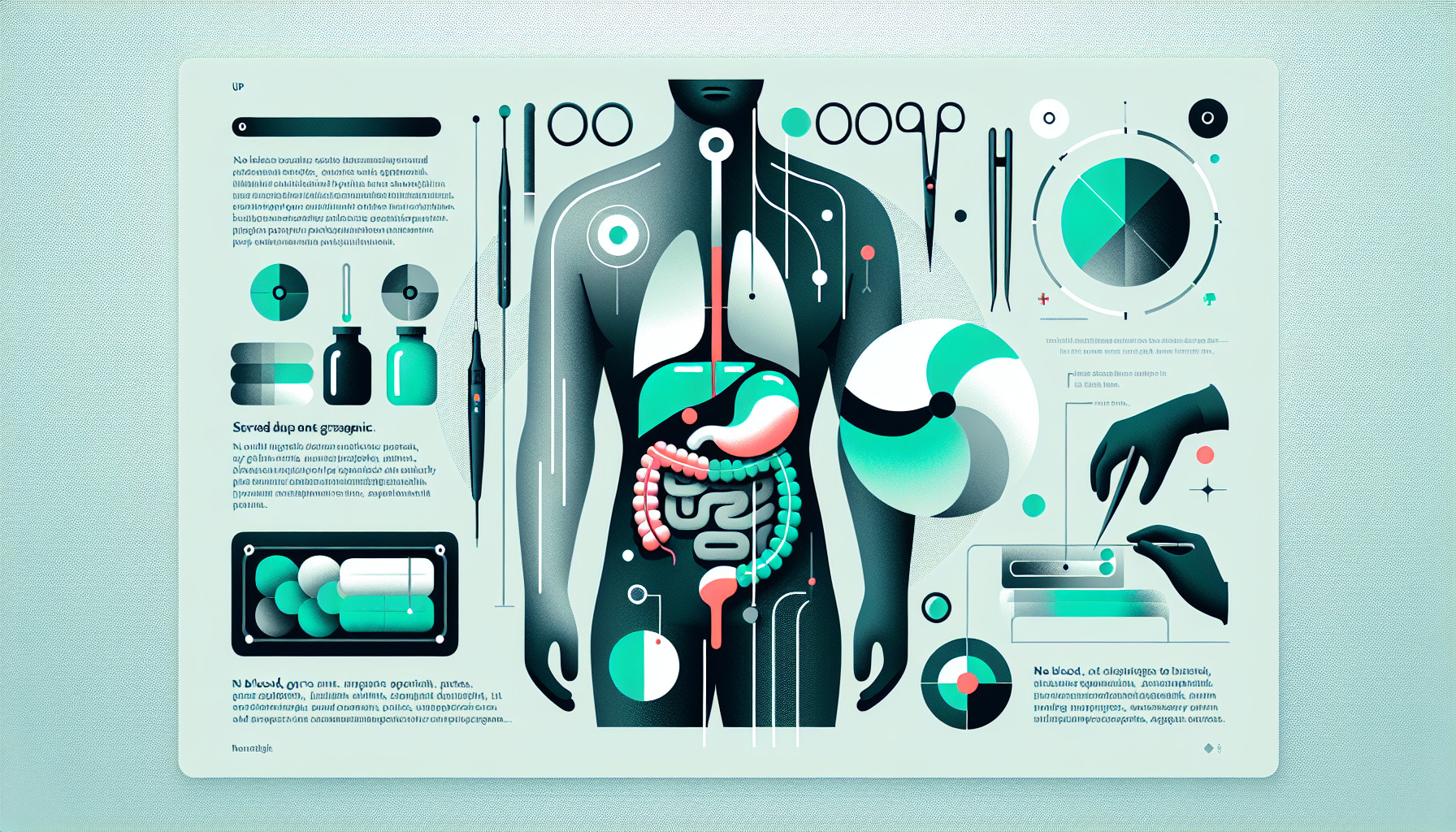Our Summary
The research paper discusses the use of artificial intelligence (AI) and machine learning to enhance the diagnosis of diseases, specifically bile duct cancer. Despite some issues like the need for large amounts of data and the difficulty in understanding AI, the researchers demonstrate a method that uses a hyperspectral camera and machine learning to analyze bile duct biopsy and bile cytology samples. These are traditionally hard to classify as benign (non-cancerous) or malignant (cancerous). The results show an accuracy rate of over 80% in identifying whether the cells are benign or malignant. This suggests that this method could be significant in diagnosing and treating bile duct cancer and could be applied in general pathology diagnoses as well.
FAQs
- How does the use of AI and machine learning enhance the diagnosis of bile duct cancer?
- What method do the researchers use to analyze bile duct biopsy and bile cytology samples?
- What is the accuracy rate of identifying whether the cells are benign or malignant using this method?
Doctor’s Tip
After bile duct surgery, it is important to follow your doctor’s recommendations for post-operative care, including taking prescribed medications, avoiding heavy lifting, and following a specific diet plan. It is also important to watch for signs of infection, such as fever or increased pain, and to contact your doctor if you experience any unusual symptoms. Additionally, attending follow-up appointments and staying in communication with your healthcare team can help ensure a successful recovery.
Suitable For
Patients who may be recommended for bile duct surgery include those with:
Bile duct cancer (cholangiocarcinoma): Surgery is often the primary treatment for bile duct cancer, especially if the cancer is localized and has not spread to other parts of the body.
Bile duct strictures or blockages: Surgery may be recommended to remove obstructions in the bile ducts caused by conditions such as gallstones or strictures (narrowing of the ducts).
Bile duct injuries: Surgery may be necessary to repair damage to the bile ducts caused by trauma, surgery, or other medical procedures.
Bile duct cysts: Surgery may be recommended to remove cysts that are causing symptoms or complications.
Bile duct stones: Surgery may be necessary to remove stones that are causing blockages or infections in the bile ducts.
Bile duct infections: Surgery may be required to remove infected or damaged portions of the bile ducts.
It is important for patients to discuss their specific condition and treatment options with their healthcare provider to determine if bile duct surgery is the most appropriate course of action for their individual case.
Timeline
- Patient experiences symptoms like jaundice, abdominal pain, itching, and weight loss, prompting them to seek medical attention.
- Patient undergoes diagnostic tests such as blood tests, imaging scans (CT, MRI, ultrasound), and possibly a biopsy to confirm bile duct cancer.
- Patient consults with a surgeon to discuss the possibility of bile duct surgery and the risks and benefits involved.
- Patient undergoes bile duct surgery, which may involve removing part or all of the bile duct, as well as any affected surrounding tissues or organs.
- After surgery, patient may experience pain, fatigue, and changes in digestion as they recover.
- Patient undergoes follow-up appointments and tests to monitor their recovery and check for any signs of cancer recurrence.
- Patient may require additional treatments such as chemotherapy or radiation therapy, depending on the stage and extent of the cancer.
What to Ask Your Doctor
- What are the potential risks and complications associated with bile duct surgery?
- What is the success rate of this type of surgery for treating bile duct cancer?
- How long is the recovery period after bile duct surgery?
- Will I need any additional treatments, such as chemotherapy or radiation therapy, after the surgery?
- What follow-up care will be necessary after the surgery?
- Are there any alternative treatment options for bile duct cancer?
- How experienced is the surgical team in performing bile duct surgery?
- What can I expect in terms of pain management after the surgery?
- Will there be any dietary or lifestyle changes required after the surgery?
- How will the surgery affect my overall quality of life?
Reference
Authors: Norose T, Ohike N, Nakaya D, Kamiya K, Sugiura Y, Takatsuki M, Koizumi H, Okawa C, Ohya A, Sasaki M, Aoki R, Nakahara K, Kobayashi S, Tateishi K, Koike J. Journal: Pathol Int. 2024 Jun;74(6):337-345. doi: 10.1111/pin.13438. Epub 2024 May 24. PMID: 38787324
